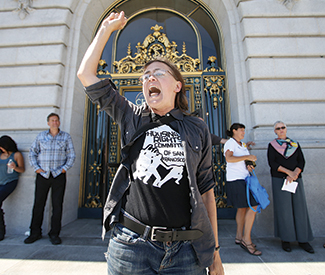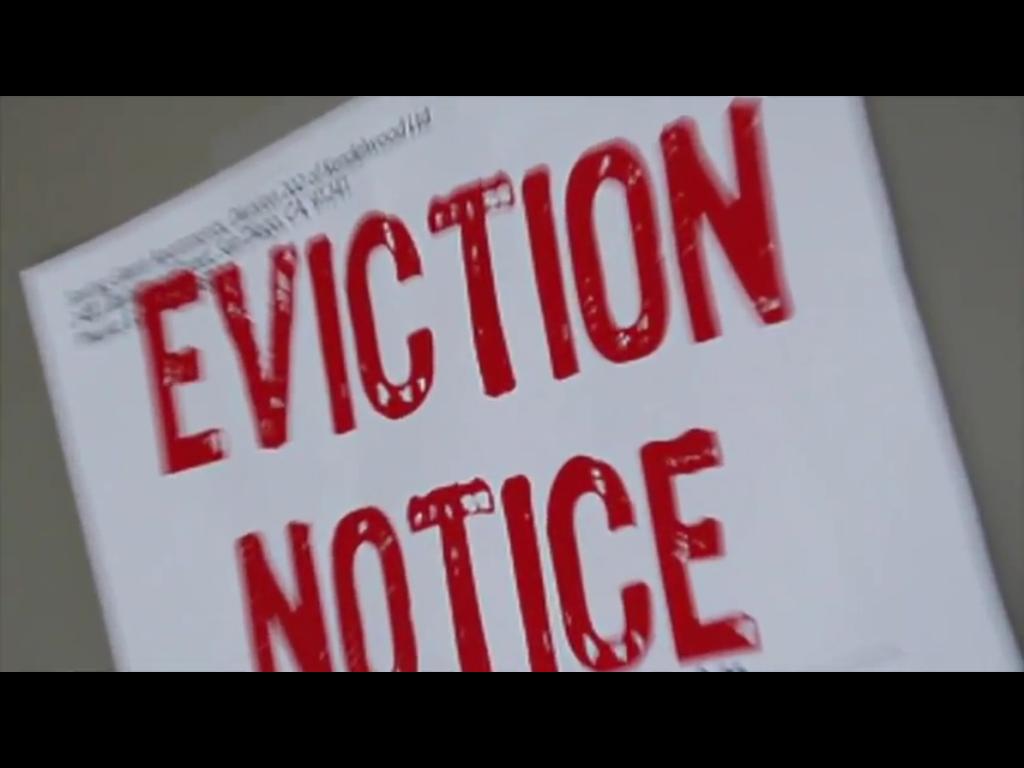Fed up with the current state of housing and transit in our city?
So are we. In collaboration with the San Francisco Transit Riders Union, the Bay Guardian will host a community forum tomorrow [Thu/9] titled “Bridging the Gaps in Funding Transit and Housing,” from 6-8pm at the San Francisco LGBT Community Center.
We’ll discuss one of the most critical issues facing our city as we inch nearer to the November elections (see our picks for local and statewide offices in our official endorsements issue). In the face of an affordable housing crisis and underfunded transportation system, we’ve unfortunately seen transportation and housing activists pitted against one another in recent history, particularly in the debates around propositions A, B, K and L on the San Francisco ballot.
Now is the time to put our heads together and discuss how we can create more affordable housing, a robust public transit system, and fully funded social services to preserve and protect the people who make our city a celebrated place of diversity, progressive politics and innovation.
Moderated by Bay Guardian Editor-in-Chief Steven T. Jones and News Editor Rebecca Bowe, the forum will include a presentation by SFMTA Manager of Capital Financial Planning and Analysis Jonathan Rewers, as well as advocates speakers from various transit, housing and political organizations citywide. Panelists include Thea Selby, vice chair of the San Francisco Transit Riders Union; District 8 Sup. Scott Wiener; Council of Community Housing Organizations Director Peter Cohen; Chema Hernández Gil, community organizer at the San Francisco Bicycle Coalition; and Amandeep Jawa, president of the San Francisco League of Conservation Voters.
We’ll explain the background and tactics behind the political turmoil surrounding these issues and focus on what can be done to bridge the gap, with our panel of activists and experts offering input from a variety of perspectives.
Selby, who is running for City College Board, is also a California High Speed Rail Authority board member as well as operating Next Steps Marketing, a digital content and marketing company in the city. Hernández Gil worked with community engagement in Switzerland and Mexico before landing in San Francisco, and currently manages SFBC’s Community Bike Build Program, armed with the mission of making cycling a viable alternative transportation method in the city. Wiener earned our November endorsement for his re election for District 8 supervisor largely due to his work on pursuing more resources for the beleaguered Muni system. Jawa, known by his nickname “Deep,” has been a visible presence in the Mission for years with his Valencia Street parklet and has actively supported sustainable transportation measures. And Cohen is one of San Francisco’s top advocates for affordable housing development.
Join us for a frank, public discussion about the city’s housing and transportation needs. Let’s figure out the tools and key players we need to turn our ideas on funding and political alliances into a reality that works for the challenges of our city.
More information can be found on the event’s Facebook page here.



